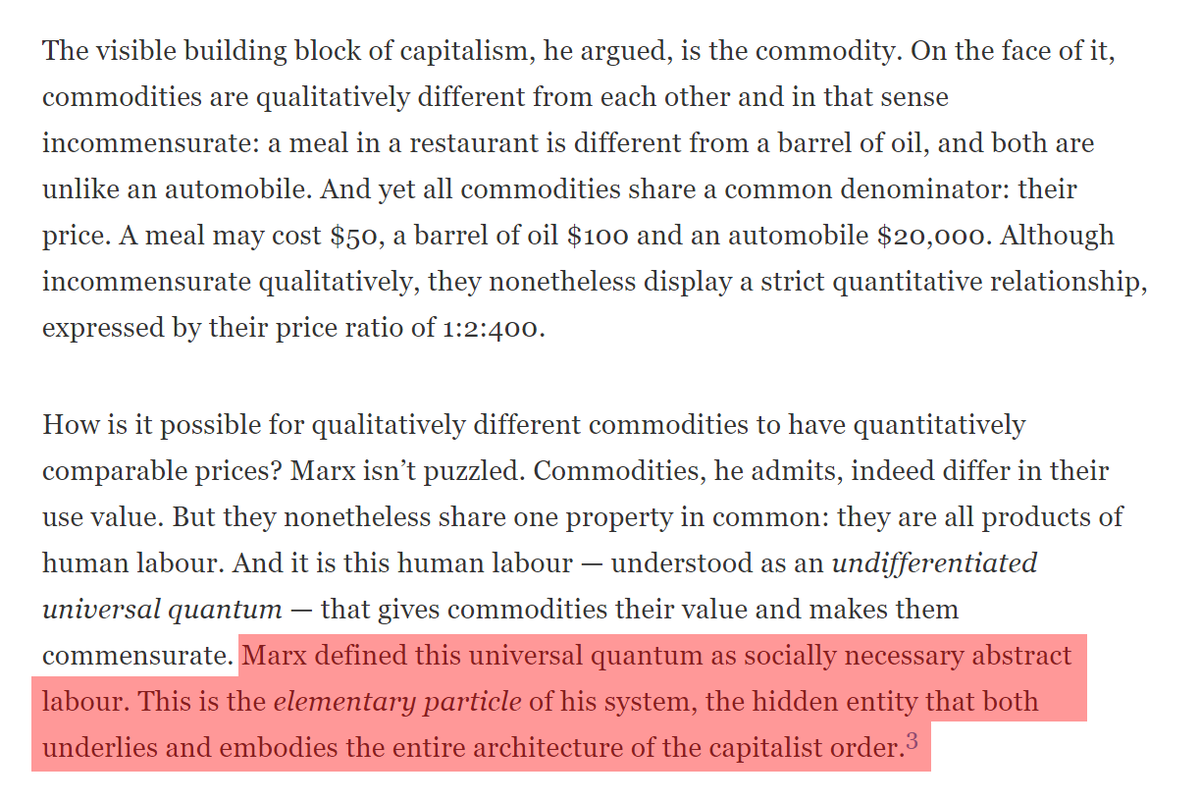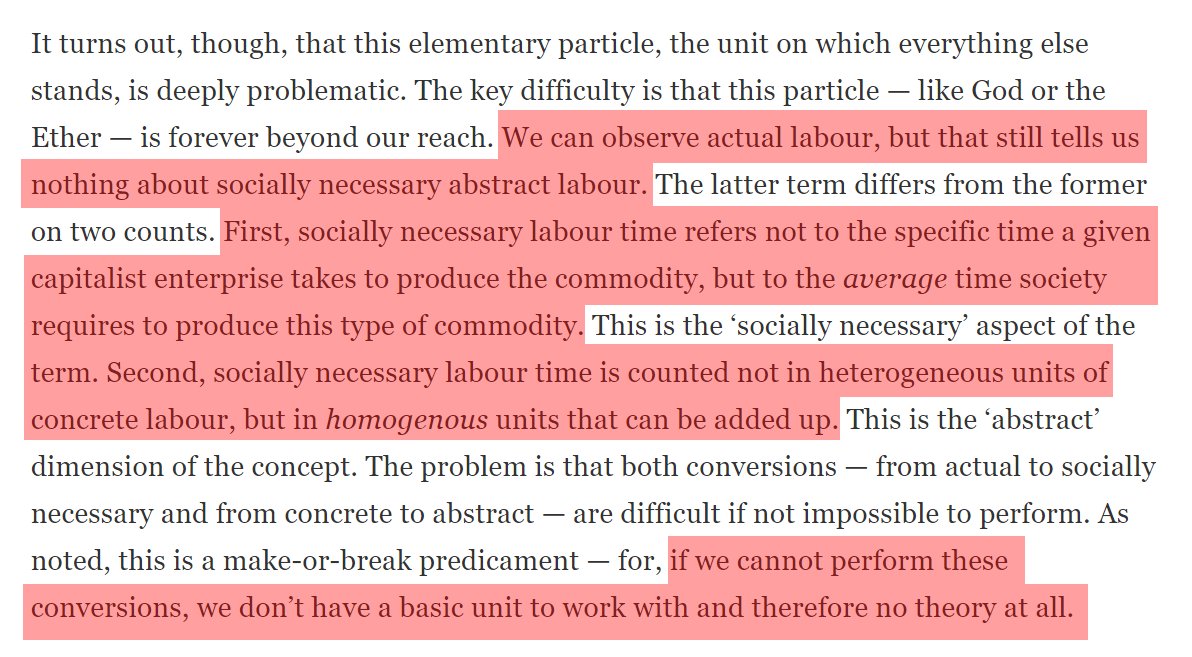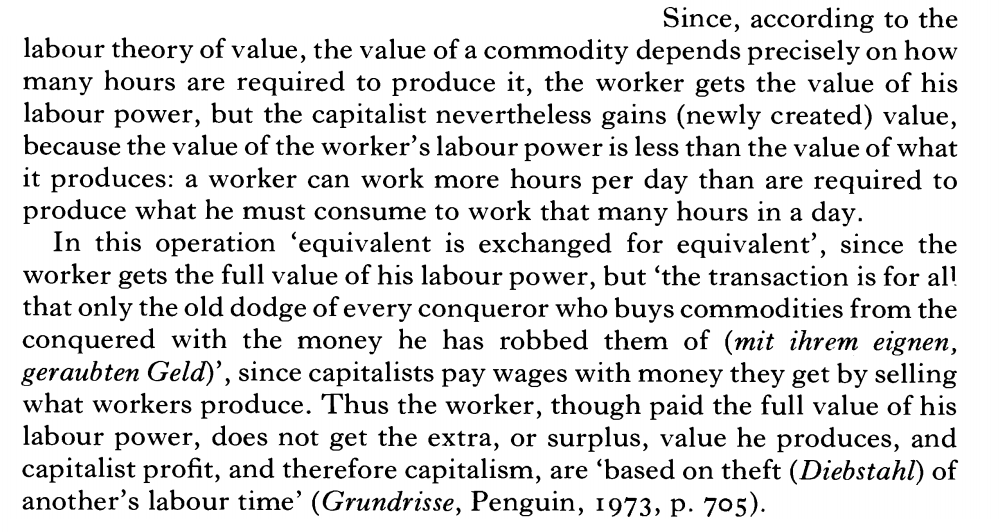
The myth of "homelessness by choice" is pernicious. Here are the two main reasons that we know it's false: 

First, we can ask homeless ppl.
The two studies that've formally done so (afaik):
- Stark 1984 in Phoenix: 93% of 345 ppl wanted to get off the streets.
- Caulk 1983 in Portland: 78% of 125 ppl said the same.
That's ~89% who say their homelessness is not their choice.

The two studies that've formally done so (afaik):
- Stark 1984 in Phoenix: 93% of 345 ppl wanted to get off the streets.
- Caulk 1983 in Portland: 78% of 125 ppl said the same.
That's ~89% who say their homelessness is not their choice.


Second, we can give homeless people the choice: They overwhelmingly choose housing.
After Finland adopted "Housing First" in 2008, long-term homelessness dropped from ~4,000 to ~500 by 2017. That's a 7/8 reduction in 9 years, and just ~5% of the size of the 11k unhoused in 1987.
After Finland adopted "Housing First" in 2008, long-term homelessness dropped from ~4,000 to ~500 by 2017. That's a 7/8 reduction in 9 years, and just ~5% of the size of the 11k unhoused in 1987.

The solution for homelessness is building social housing, providing social services, and actually having some basic human compassion. theguardian.com/cities/2019/ju…
• • •
Missing some Tweet in this thread? You can try to
force a refresh

















